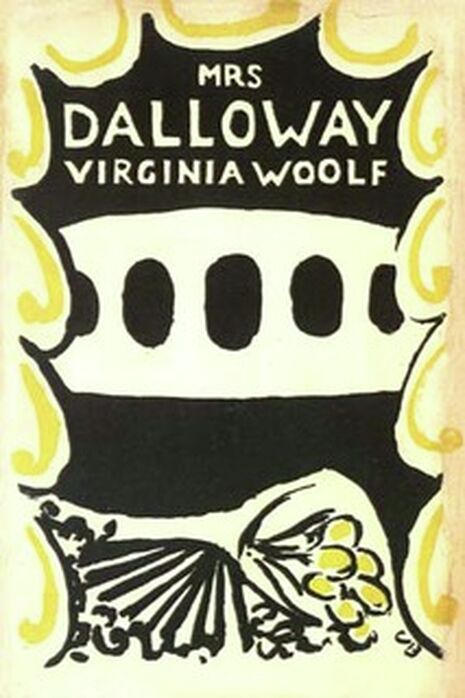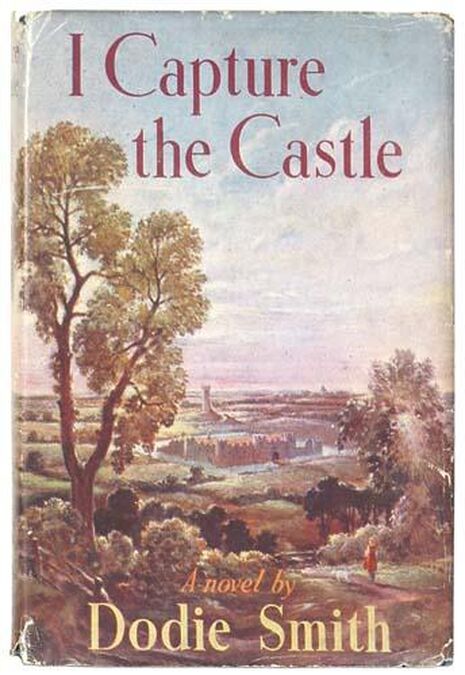Why you should read these books
Resident book lover & Comment Editor Noa Lessof-Gendler tells us which books to read this summer

It’s been weeks – no, months since you’ve been able to choose what to read. Up until last week, every book you picked up was to do with Anglo-Saxon burial sites and the reproductive system of fruit flies. You’re not knocking it – it was interesting, and it was definitely useful for that exam question on the Great Fruit Fly Infestation of 772 – but the prospect of delving into a novel on a sunny day is now delicious. But the question is: what novel? Fear not. Once more I’m here to offer my unsolicited advice, and this time it’s on your summer reading list. These are all what I’d consider ‘literary poolside reads’. They’re dead easy, fun, and colourful, but also, you know, actually worth reading.
The first for those of you who find the prospect of leaving Cambridge, either for the summer or for good, daunting. Dusty Answer by Rosamond Lehmann is about Cambridge students at women’s colleges in the ‘20s, and is full of sunny golden gardens and the torment of undergraduate life in a world that’s eerily recognisable. And the focus on early twentieth century feminism and women’s education only makes it better.
Mrs Dalloway is also set in the early ‘20s. But rather than being reminiscent of a summer pining after spires of Cambridge, this one sings of a summer spent doing work experience in London. Virginia Woolf unpicks the mind of Clarissa Dalloway as she prepares for a party in the heat of June, and you’ll see the London parks in their full glory, the trundling crowds in Piccadilly, and the relief of cool drawing rooms at the peak of the daily heat.
I Capture the Castle by Dodie Smith is another that’s enticingly summery. There are scenes of midsummer bonfires and dancing and flower crowns on the mound of an ancient castle. And there are also some beautiful accounts of meals (I think these are far too rare in general) and strange goings on like shutting people in towers and dying dresses green. It’ll probably make you cry a lot, but everyone needs an emotional purge now and then.For another that’s potentially quite emotional, consider Life of Pi by Yann Martel, if you haven’t already read it. It’s really about a boy’s relationship with God and with himself, which is pretty big and not necessarily summery, but the wonderful scenes set at the zoo in Pondicherry will make you want to go on holiday there, and the description of Piscine Molitor is once that really ought to be read by a pool.
The Garden of the Finzi-Continis by Giorgio Bassani is what I’m reading at the moment. I can’t speak for the ending, obviously, but the first few chapters are brilliant. It’s set in Italy which immediately makes me feel summer, and it’s got tennis playing in the sun day after day and a great garden of cedars, limes, oaks, beeches, pines…

E.M. Forster’s Where Angels Fear to Tread is also sent in Italy, upon a Tuscan landscape shimmering in heat and haze. A family have a crisis, run around like headless chickens, behave horribly and screw up other people’s lives. I think this is probably as close as 1905 got to Gossip Girl – albeit without the happy ending.
If you’re looking for books with happy endings, here are a couple. Swallows and Amazons by Arthur Ransome is about the summer holiday you longed for when you were ten – camping without parents, pirate wars, sailing your own boat and mapping your own world. Admittedly, this is also written for ten year olds, and there are questionable attitudes to indigenous peoples along the lines of Robinson Crusoe, but on the whole it’s hilarious and charming.
And then there’s Jane Austen’s Pride and Prejudice. This is ultimate chick-lit: romantic, funny, heartfelt, hopeful. If you’ve never read it, now’s the time. Austen didn’t know it but she wrote this so that you could read this instead of 50 Shades whilst you’re sunbathing by a pool or commuting in the morning rush hour.
My final recommendation is that you read something really difficult that you’ve wanted to read for ages. It could be Ulysses, it could be In Search of Lost Time, it could be the Iliad in the original Greek. Now’s the time to tackle the monsters – you’ve got four months, so even if it’s just a little headway, it’s worth it. But for goodness’ sake, don’t waste this summer on Netflix or crappy magazines. Make the most of your freedom and read, or you’ll really regret it once we’re back here in October writing weekly essays again.Noa Lessof-Gendler
 Features / Should I stay or should I go? Cambridge students and alumni reflect on how their memories stay with them15 December 2025
Features / Should I stay or should I go? Cambridge students and alumni reflect on how their memories stay with them15 December 2025 News / Cambridge study finds students learn better with notes than AI13 December 2025
News / Cambridge study finds students learn better with notes than AI13 December 2025 News / Uni Scout and Guide Club affirms trans inclusion 12 December 2025
News / Uni Scout and Guide Club affirms trans inclusion 12 December 2025 Comment / The magic of an eight-week term15 December 2025
Comment / The magic of an eight-week term15 December 2025 News / News In Brief: Michaelmas marriages, monogamous mammals, and messaging manipulation15 December 2025
News / News In Brief: Michaelmas marriages, monogamous mammals, and messaging manipulation15 December 2025










